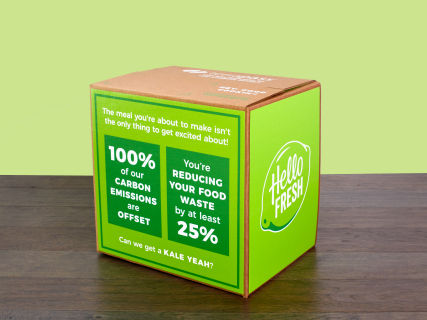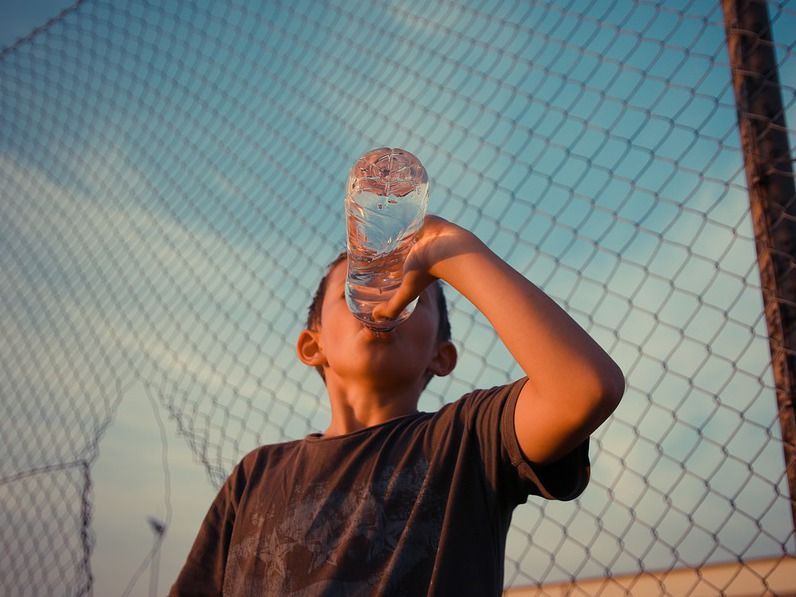Too much meat consumption, too much grubbing up
Advertisement
Around 820 million people worldwide are undernourished. On the other hand, there is a very high consumption of meat, which consumes a lot of land, and many foods are simply thrown away. Providing the world's growing population with sufficient food in a fair manner is a huge challenge - and climate change is making it even bigger. Agriculture needs land, but at the same time many forests are needed because they store the greenhouse gas carbon dioxide.
"Food security and forest protection should be non-negotiable," says Charlotte Streck, co-founder of the Climate Focus think tank. A contradiction?
No, Streck says they don't like the either-or game. Both are possible. In their view, the most important levers are: reducing meat consumption and pushing the phase-out of fossil fuels.
"Beef is particularly resource-intensive. It requires 20 times as much land and 20 times as many greenhouse gases are produced per gram of edible protein as vegetable proteins such as beans, peas or lentils," explains Streck. And the resource land is limited. In addition, according to the World Food and Agriculture Organization (FAO), one third of the world's food is thrown away.
These facts are likely to be highlighted in the IPCC's special report on land use and climate change, which will be published in Geneva on Thursday.
The situation is difficult. The report could therefore also contain a strong warning to the world population, politics and the economy. "At a time when we can least afford it, we are losing fertile soil and biodiversity at an alarming rate," said Inger Andersen, Executive Director of the United Nations Environment Programme (Unep), at the opening of the multi-day IPCC meeting on Friday. "We must adapt the use of our land to climate change so that we can ensure food production for present and future generations".
In recent years, a large international research team has prepared a very comprehensive analysis for the IPCC of the current global state of knowledge on these topics. Since Friday, political delegates from the IPCC member countries have been meeting in Geneva to discuss the summary of the analysis. The IPCC will present the report on Thursday. The one-week procedure is intended to ensure that the IPCC Special Report is also recognised by the member countries.
Expert Streck already sees the fact that the role of forests and agriculture is being discussed at all as a great success. "The subject concerns us directly, we see burning forests, a lot of pest infestation. The quality of our forests is also going downhill," says Streck, who believes that there is great potential for abandoning fossil fuels.
"Climate models are getting wilder and wilder as we hold onto fossil fuels and have to designate more and more reforestation areas as compensation." An end to fossil fuels would therefore take a lot of pressure off the debate about possible land conflicts. According to the latest IPCC report on the 1.5 degree target, global emissions of carbon dioxide (CO2), for example, should fall by 45 percent from 2010 to 2030 and reach zero in 2050.
In addition to sustainable land management, issues such as droughts, desertification, heat waves and floods will play a role in the report. The Chairman of the Intergovernmental Panel on Climate Change (IPCC), Hoesung Lee, last Friday emphasized the symbolic effect on the public that the report could send out. "I hope that we can raise people's awareness of the dangers and challenges that climate change poses for the land we live on and that feeds us."/nif/DP/stk (dpa)
Note: This article has been translated using a computer system without human intervention. LUMITOS offers these automatic translations to present a wider range of current news. Since this article has been translated with automatic translation, it is possible that it contains errors in vocabulary, syntax or grammar. The original article in German can be found here.
Other news from the department business & finance
Most read news
More news from our other portals
See the theme worlds for related content
Topic world Food safety
Food safety is at the heart of the food and beverage industry. It ensures that the food we eat every day is not only nutritious, but also free of harmful contaminants. From field to plate, the industry monitors and regulates every step of the process with strict quality controls, advanced testing methods and continuous research.

Topic world Food safety
Food safety is at the heart of the food and beverage industry. It ensures that the food we eat every day is not only nutritious, but also free of harmful contaminants. From field to plate, the industry monitors and regulates every step of the process with strict quality controls, advanced testing methods and continuous research.





































































